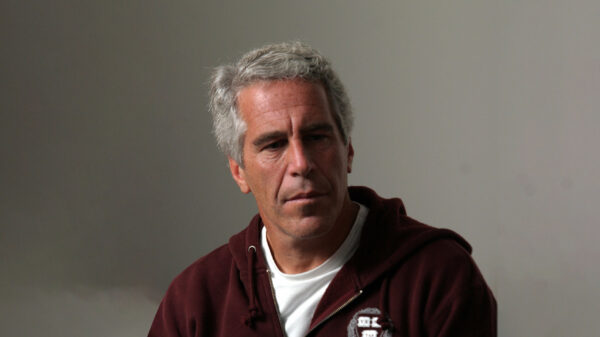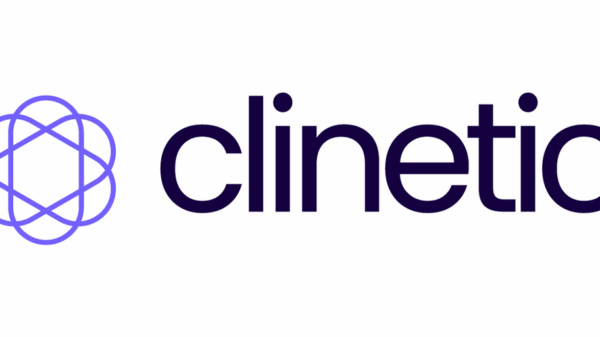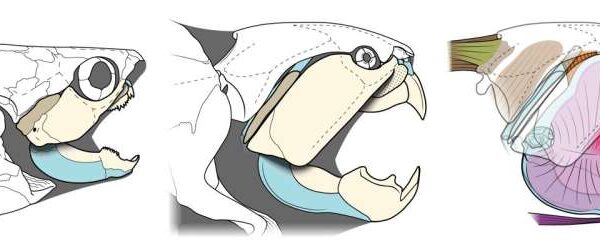Women experiencing menopause often face various symptoms, including hot flashes, night sweats, sleep disturbances, and cognitive challenges. For those who cannot use hormone therapy, such as Shilpa Gajarawala, there are alternative options available. Gajarawala, a 58-year-old physician assistant from Jacksonville, Florida, has sought solutions for her menopausal symptoms due to her history of breast cancer.
Recent guidance from healthcare professionals indicates that women like Gajarawala need not endure these symptoms in silence. While many rely on hormone therapy to alleviate discomfort, some patients are advised against it due to medical conditions, including severe liver disease, previous heart attacks, strokes, blood clots, or specific types of hormone-sensitive breast cancer.
Exploring Lifestyle Changes and Non-Hormonal Treatments
Doctors emphasize the importance of lifestyle modifications, medications without hormones, and additional strategies to manage symptoms effectively. Dr. Stephanie Faubion, medical director at the Mayo Clinic, asserts, “There’s always a solution. We have lots of other options available.”
Increasing physical activity can significantly impact symptom management. Although exercise does not directly alleviate menopausal symptoms, it can assist with weight management, which is linked to reduced hot flashes and night sweats. A recommended approach combines aerobic activities, like running or walking, with strength training to help maintain bone density.
Diet also plays a crucial role. Emerging research suggests that a “plant-forward diet,” rich in fruits, vegetables, and soy while low in oils, may help manage hot flashes. Experts hypothesize that weight loss associated with dietary changes contributes to symptom relief. Additionally, avoiding triggers such as caffeine and alcohol is advised.
As estrogen and progesterone levels decline during menopause, women may face increased risks for cardiovascular issues. Maintaining heart health is essential, with recommendations to cease smoking, ensure adequate sleep, and manage stress levels.
Prescription Medications and Over-the-Counter Options
In addition to lifestyle changes, there are non-hormonal prescription medications that may alleviate menopausal symptoms. Antidepressants have been shown to help with mood and hot flashes. Recent studies indicate that oxybutynin, typically used for overactive bladder, can also decrease hot flashes while addressing frequent urination, a common issue during menopause.
Another option is Veozah, a drug that targets the brain’s temperature control center, effectively blocking hot flashes and night sweats. Recently, the U.S. Food and Drug Administration approved elinzanetant (marketed as Lynkuet), which operates similarly by inhibiting two molecules in the nervous system.
Despite the benefits, potential side effects accompany these treatments. Veozah carries a warning regarding the risk of rare but severe liver injuries, while Lynkuet may cause fatigue and difficulty staying awake. Antidepressants can lead to weight gain, and oxybutynin may result in dry mouth or incomplete bladder emptying. Dr. JoAnn Manson of Harvard Medical School notes, “There’s no medication out there that’s entirely free of risk.”
Over-the-counter products also offer relief for menopausal symptoms. Vaginal lubricants available in pharmacies can alleviate dryness, while cognitive behavioral therapy (CBT) has been shown to help women manage hot flashes by altering unhelpful thought patterns. Although CBT does not eliminate hot flashes, it can significantly reduce their perceived burden.
In addition, clinical hypnosis has emerged as a promising option for some women, potentially reducing the frequency and severity of hot flashes, although further research is necessary to solidify its effectiveness.
Women experiencing menopause should not feel compelled to simply endure the process. Dr. Juliana Kling, a women’s health expert at the Mayo Clinic Alix School of Medicine, urges women to engage in discussions about treatment options that may benefit them.
Gajarawala has taken proactive steps to manage her symptoms by eliminating red wine, walking at least 10,000 steps daily, practicing tai chi, and using an extended-release antidepressant. “It’s been a significant improvement,” she shares.
Health organizations, including the Robert Wood Johnson Foundation, support accessible information and resources for women navigating menopause. The message is clear: there are multiple avenues for relief, and women are encouraged to explore them.



































































